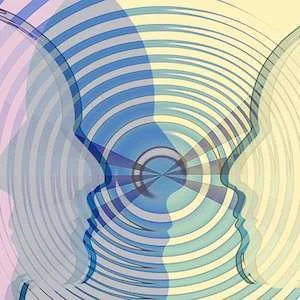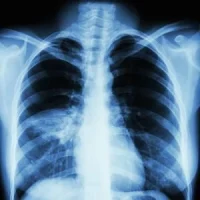Empathy should not only be expected from doctors, but should be actively
promoted, assisted and cultivated in the profession, argue Angeliki Kerasidou and Ruth Horn from the Ethox Centre, University of Oxford, writing in BMC Medical Ethics. They contend that doctors need space to acknowledge and reflect on their feelings and have support for their 'emotional labour'.
Empathy is considered beneficial for patients, but what is the impact on the clinician’s wellbeing? Is the image of the skilled doctor who is emotionally detached valid? If doctors are detached are they more likely to suffer from burnout than those doctors who engage with and reflect on their feelings? Kerasidou and Horn discuss the ways in which the emotional work that is necessary for empathy affects physicians themselves and their ability to cope with distressing situations.
See Also: Teaching Doctors Empathy
The authors acknowledge that, in practice, accommodating clinical competence and empathy can be difficult for physicians. The image of the emotionally detached clinician dominates the profession, and inhibits doctors from engaging emotionally. Suppression of emotions can lead to depression and burnout for those doctors who do not engage with and reflect on their feelings, they argue.
Physicians can deal with their emotions via self-reflection, sharing experiences with colleagues, friends and family and other methods. Yet these are rarely used, according to the authors’ review of the literature. Not only due to the stigma of showing emotions, but due to a lack of time. For these methods to be effective, the negative image of engaging with emotions should be questioned, and doctors should have the work conditions that allow them to use such tools.
Image source: Pixabay
Empathy is considered beneficial for patients, but what is the impact on the clinician’s wellbeing? Is the image of the skilled doctor who is emotionally detached valid? If doctors are detached are they more likely to suffer from burnout than those doctors who engage with and reflect on their feelings? Kerasidou and Horn discuss the ways in which the emotional work that is necessary for empathy affects physicians themselves and their ability to cope with distressing situations.
See Also: Teaching Doctors Empathy
The authors acknowledge that, in practice, accommodating clinical competence and empathy can be difficult for physicians. The image of the emotionally detached clinician dominates the profession, and inhibits doctors from engaging emotionally. Suppression of emotions can lead to depression and burnout for those doctors who do not engage with and reflect on their feelings, they argue.
Physicians can deal with their emotions via self-reflection, sharing experiences with colleagues, friends and family and other methods. Yet these are rarely used, according to the authors’ review of the literature. Not only due to the stigma of showing emotions, but due to a lack of time. For these methods to be effective, the negative image of engaging with emotions should be questioned, and doctors should have the work conditions that allow them to use such tools.
Image source: Pixabay
Latest Articles
Empathy, Doctors, Emotions
Angeliki Kerasidou and Ruth Horn from the Ethox Centre, University of Oxford, argue that empathy should not only be expected from doctors but should be actively promoted, assisted and cultivated in the medical profession. And empathy requires emotional l









